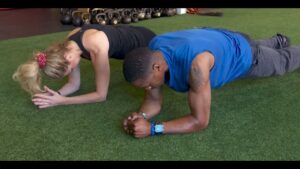Normal blood pressure is 120/80. What is hypertension or high blood pressure? Who is at greatest risk for developing it? Kathy Ianuzzo, RN, of Saint Peter’s Community Mobile Health (CMHS), explains the numbers and risks. CMHS can be found throughout the area on a daily basis providing blood pressure screenings. Some additional info on this last one — Call 732-745-8600, ext 8903, to schedule a screening at community venues such as senior centers, churches, schools and corporate sites. Learn more about Hypertension: http://www.saintpetershcs.com/cmhs ———————————————————————————————————————- Hypertension is a term used to describe high blood pressure. What blood pressure is, is a measurement of the force of the blood as it pumps through your arteries. A normal blood pressure is 120 over 80. The two numbers in a blood pressure, the top number should not be greater than 120, and the lower number should not be greater than 80. The top number is called your systolic pressure and that is a measurement of the force in the arteries as your heart pumps blood. The bottom number is called diastolic blood pressure and that is the measurement of force in the arteries when your heart is at rest. Anywhere from 120 over 80 to 140 over 90 would be considered pre-hypertension. Pre-hypertension often leads to high blood pressure, hypertension. Anything greater than 140 over 90 is considered high blood pressure or hypertension. The people at greatest risk for hypertension are African-Americans, also if you have a family history of hypertension, and that’s why it’s important to know your family history. People who are obese are also at great risk for developing hypertension and long-term stress increases the risk for hypertension. Smoking cigarettes, taking drugs, both street and over-the-counter medication are risks for developing high blood pressure and diabetes also puts you at risk for high blood pressure. The symptoms of a high blood pressure are sometimes very vague. It could be something just a simple as headache, also confusion, any visual disturbances. Sometimes nausea and vomiting could also be a sign of high blood pressure and nose bleeds. However, it’s important to note that hypertension is called the silent killer because you may be walking around with a very, very high blood pressure and have absolutely no symptoms at all. That’s why it is wise to have your blood pressure checked frequently because although you may be feeling perfectly fine, you could have high blood pressure. While there are many causes of hypertension some of the greatest causes would be conditions of the kidney, conditions of the blood vessels and of the nervous system, increased cholesterol also contributes to hypertension and of course, age. As we age, our blood vessels become stiff and that increases our blood pressure. The water and salt ratio in our body contributes to high blood pressure, and also certain hormone levels would also contribute to high blood pressure. Thank you for choosing Saint Peter’s.
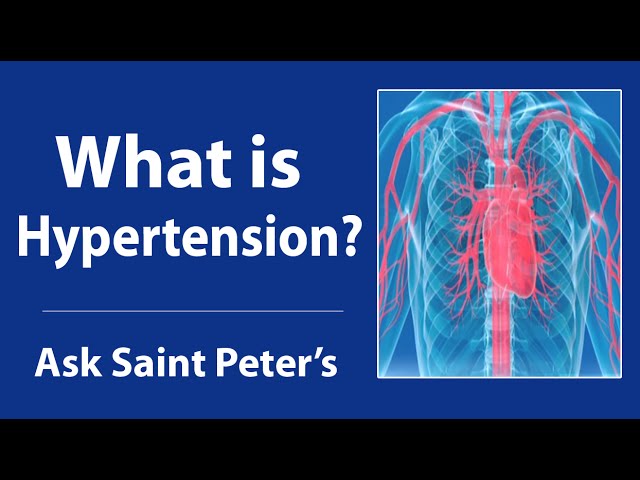
What is Hypertension?
- Post author:
- Post published:May 28, 2021
- Post comments:0 Comments
You Might Also Like
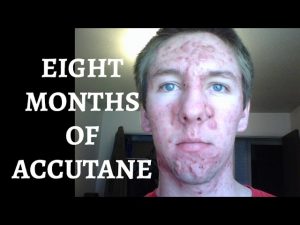
Severe Cystic Acne – Timelapse (Version 1)
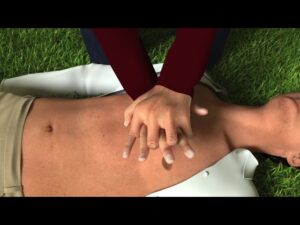
CPR Cardiopulmonary Resuscitation Video – 6
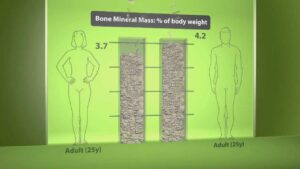
Human body composition

CONTRACTION AND RELAXATION

Gynecology Video – 2
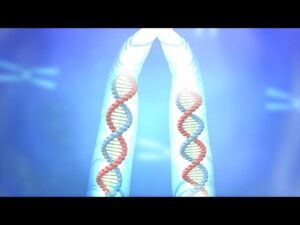
What Is Genetics?
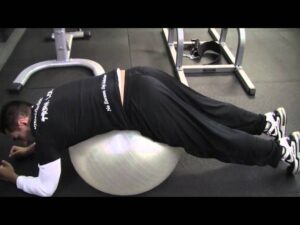
How to Do Reverse Hypers with a Swiss Ball

Daha Geniş Göğüs ve Büyük Triceps için: Ağırlıklı Dips!
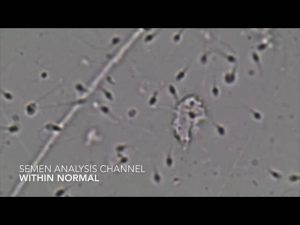
Semen Analysis – Within normal
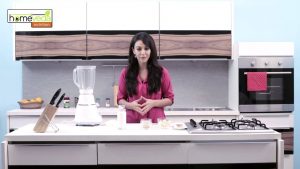
Best Foods to Gain Weight | Healthy Recipes
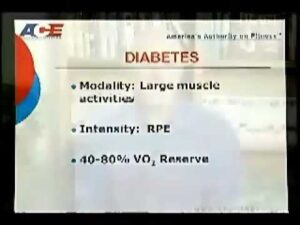
Exercise Programming for Special Populations: Recent Advances

The Cheapest whey protein supplements in India ll affordable price for everyone ll

Decline Bench Press-3

Quick Cool Down Stretching Workout Routine – Cool Down Workout
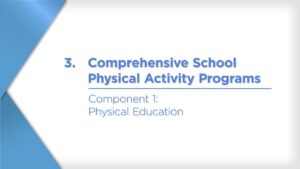
Fitness Definition Components Video – 6

Abdominal Exercises
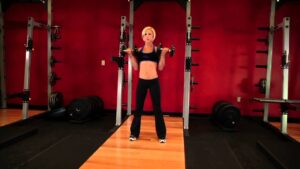
Dumbbell Bicep Curl – Bicep Exercise – Bodybuilding.com

Types of Jaundice in Newborn

Rugby Video – 2
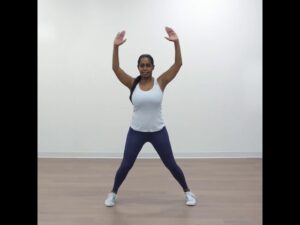
High Intensity Training Video – 3
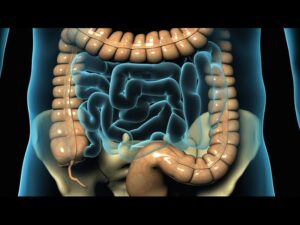
Laproscopic Surgeries Video – 2

Meditation Video – 4
Latissimus Dorsi Bent Over Row-6
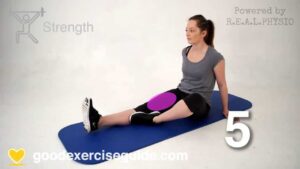
Static Quadriceps Exercise, Correct technique (Isometric Quads)

Spa Resort Video – 2

What am I eating to BUILD MUSCLES? Full day of eating
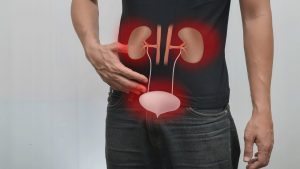
How is kidney function related to blood pressure? – Dr. Pallavi Patri

Nutrition : How to Avoid Bad Foods After a Heart Attack
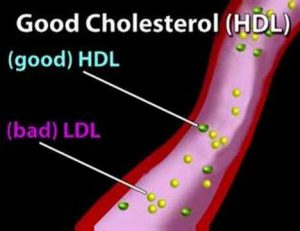
Understanding Cholesterol (Cholesterol #1)
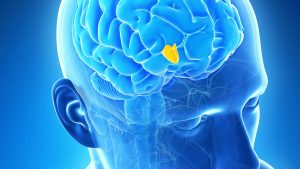
Human Physiology – Hormonal Regulation of Male Reproduction
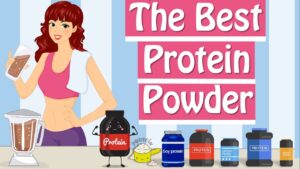
Tips For Choosing Best Protein Powder For Women
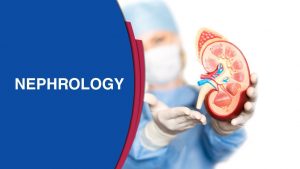
What Are The Symptoms Of Chronic Kidney Disease? – Manipal Hospital
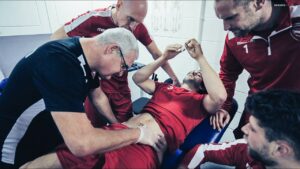
Sports Physiotherapy Video – 14
asvideo

Best Protein Powder in India ?? Optimum Nutrition (ON)
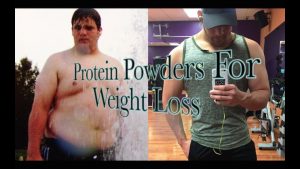
Protein Powders for Weight Loss!

What is BCAA And Side Effects Of BCAA In Hindi

First Aid Video – 4

Fruits Nutrition Video – 2

Soccer Meal Plan | My Full Day of Meals
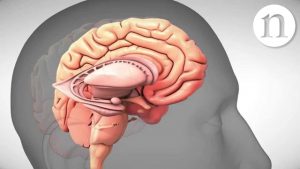
Depression and its treatment
